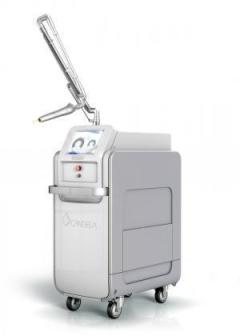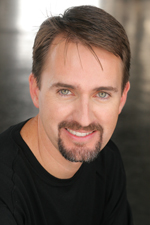PicoWay: FDA Approved Laser for Removal of Tattos and Benign Pigmented Lesions
/Here's some good news for patients who want to remove their tattoos and cosmetic surgeons alike: the Food and Drug Administration's has approved of Syneron Candela's PicoWay, a dual-wavelength picosecond laser.
 It is estimated that about 25% of the population in the United States have tattoos and about 50% of them want to have their tattoos removed.
It is estimated that about 25% of the population in the United States have tattoos and about 50% of them want to have their tattoos removed.
The newly FDA approved PicoWay enables the removal of recalcitrant and multi-colored tattoos, as well as benign pigmented lesions on any skin.
According to the Syneron Candela's site, the PicoWay works by delivering ultra-short picosecond pulses of energy to the tissues. The burst of energy create a photo-chemical impact which breaks up the tattoo ink or pigmentation into smaller and more easily eliminated particles.
Some of the advantages of using PicoWay include its use of dual wavelengths and its ability to treat wide range of tattoos. It claims also to have the shortest picosecond pulses, that is 40% shorter, making it more effective while lowering risks or other side effects.
As early as 1965, Q-switched lasers were already used. These types of lasers produce a very short laser pulse in nanosecond range. This is the most commonly used laser in clinical practice. As Q-switched lasers come in three types, there is a tendency that there will be a need to use another type of laser, rather than owning just one of them to completely remove a patient's tattoo.
To remedy this, physicians shrink the spot size and increase energy deposits which significantly lead to the probability of producing a scar.
Compared to Q-switched lasers, Dr.Shimon Eckhouse of PicoWay says that:
Scientists acknowledge that shorter pulse duration lead to higher efficiency for converting laser energy needed to fracture particles into fragments. Smaller fragments mean that it is easier for the body to effectively remove it. Q-switch technology requires numerous treatment sessions, causes significant discomfort during treatment and incompletely removes tattoos and pigmented lesions.Picosecond technology has ultra-short pulse durations that are 100 times shorter than Q-switch lasers, and in trillionths of a second.
Read more on:
http://syneron-candela.com/na/product/picoway






